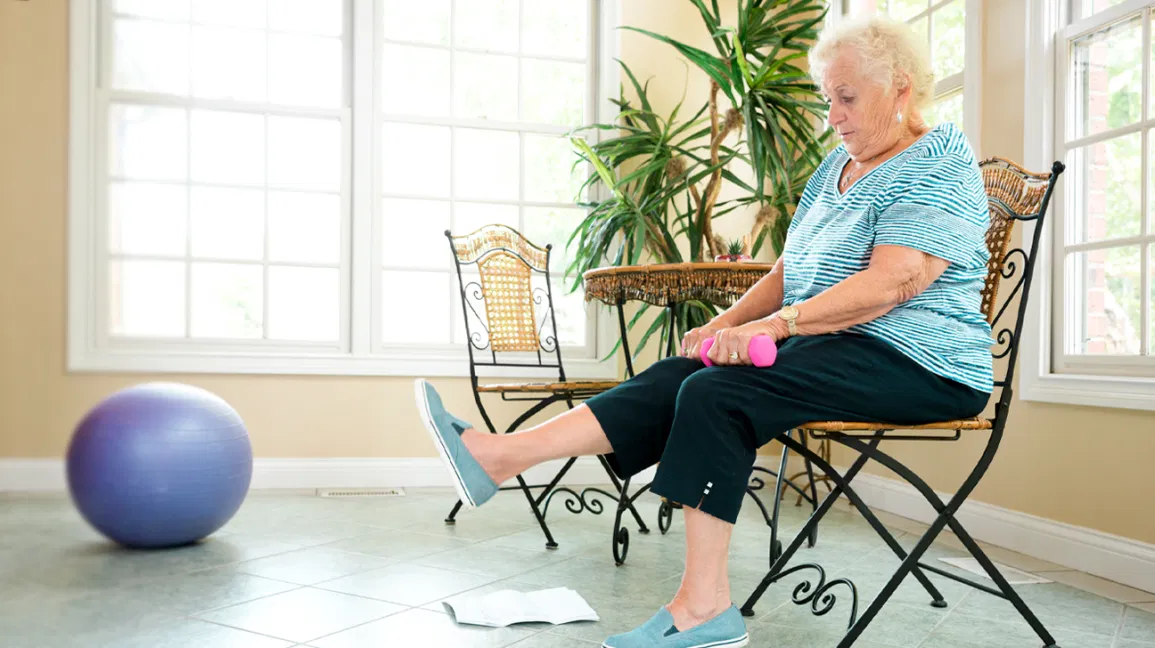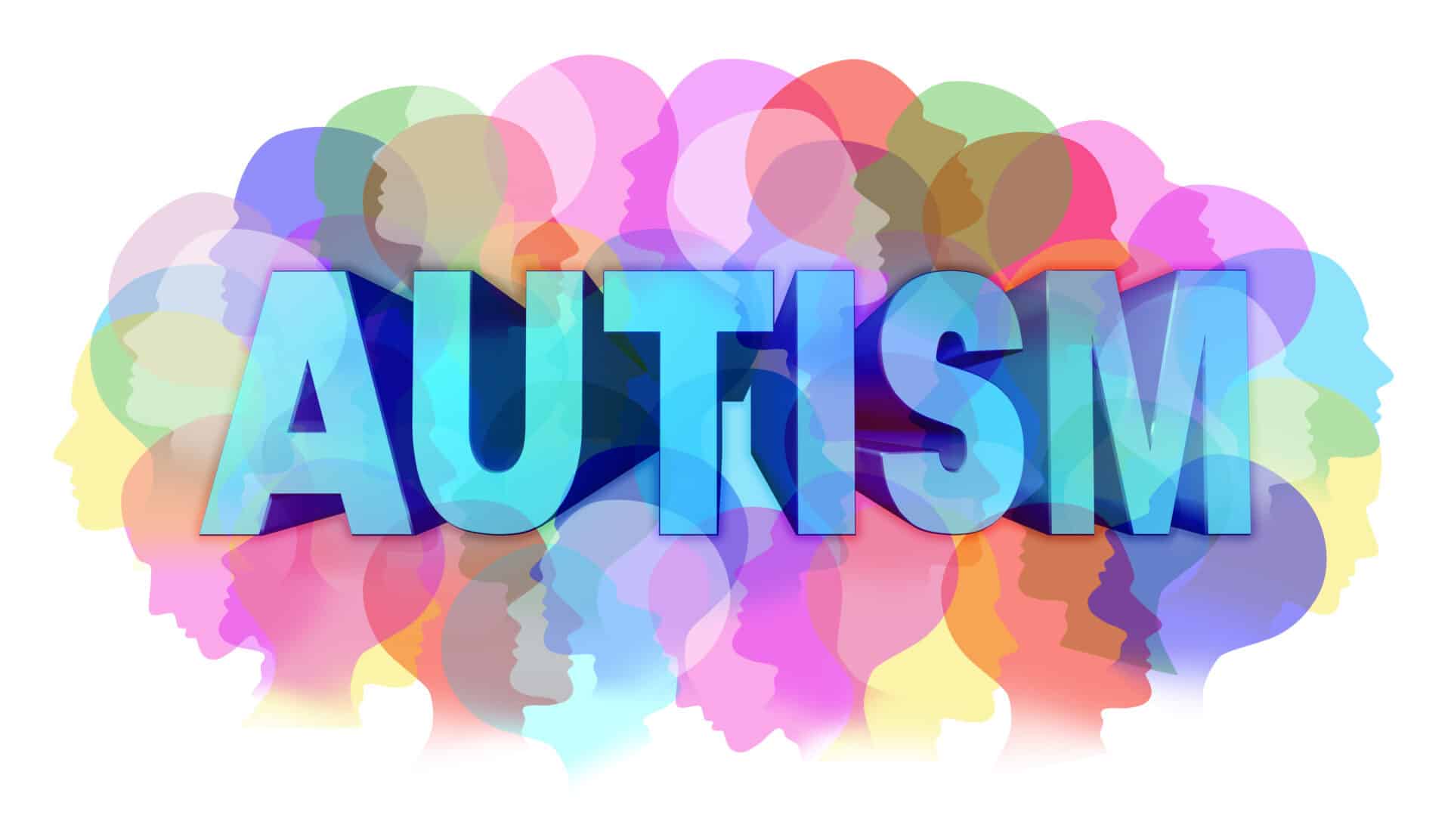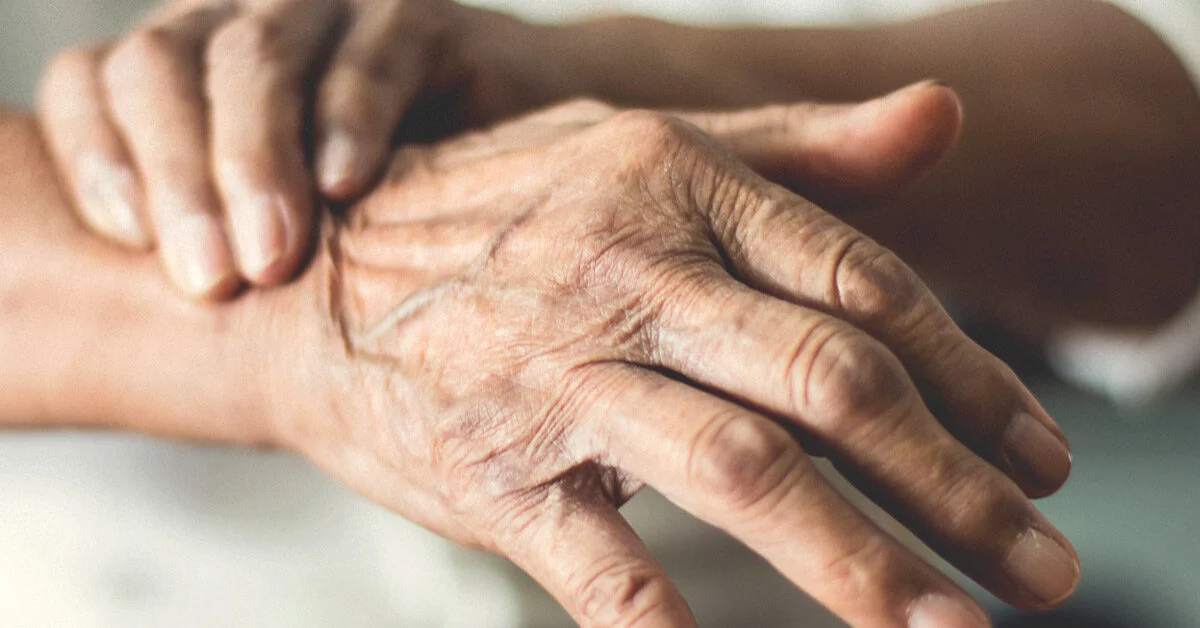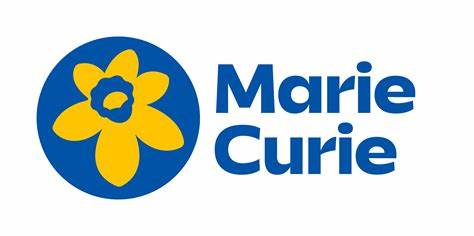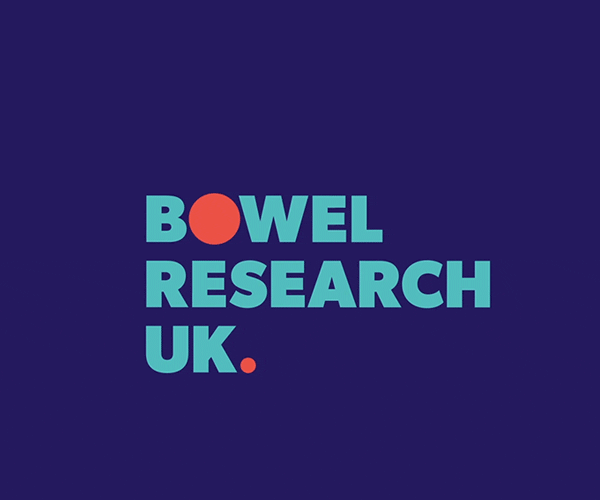Getting older doesn’t mean you need to stop being active. Here’s some tips to keep moving, whatever your age.
We know exercise is key to staying healthy and happy, but for some of us just walking up the stairs can be a challenge. Adults aged 65 and above should aim to be physically active every day, even if it is just light activity.
There’s no specific type of exercise you should be doing as you get older, but activities that keep your cardiovascular system healthy should be best as they keep your heart, lungs and brain healthy.
Physical Health Benefits
- Exercising can reduce the impact of illness or chronic disease. People who exercise tend to have improved immune and digestive functioning, better blood pressure and bone density, and a lower risk of diabetes, obesity, heart disease and certain cancers.
- Exercise can also improve your balance, flexibility, and mobility. Your balance and coordination will improve as a result of improved strength, flexibility, and posture, which can also lower your chance of falls.
Mental Health Benefits
- Improve your sleep. As you age, getting enough sleep is crucial for your general health. Regular exercise can make it easier for you to fall asleep faster and awake more energised and refreshed.
- Lift your spirits. Exercise is a powerful technique for reducing stress, and the endorphins it produces have been shown to lessen emotions of melancholy, depression, and anxiety.
- Boost your mental capacity. Working out has been shown to improve cognitive function and can lower the risk of dementia for physically active individuals, regardless of when you begin a routine.
There are four types of exercise – it’s important to try and include all 4 types in your exercise routine.
- Endurance (cardio) – increases your breathing and heart rate, improves the health of your heart, lungs and circulatory system. This could be walking, swimming, gardening, dancing or cycling. Try going on a walk with the dog or with a friend or family member, even if it’s just for 10 minutes. Anything is better than nothing!
- Strength – makes your muscles stronger. This includes: lifting weights or doing body weight exercise such as squats or heel raises (standing and shifting up and down on your toes 10 times twice a day) are good exercises maintain strength in your hips, quads and calves.
- Balance – as general health declines with age, falls become more common, leading to fractures, head injuries and other problems that affect both mental and physical health. Yoga is great for working on your balance. If you have limited mobility, try this Gentle Chair Yoga.
- Flexibility – stretches your muscles and keeps you limber. Stretches that target the shoulders, hips and legs—body parts that commonly contribute to balance problems are best.
Can I still exercise if I have pain or an injury?
Don’t let a bad hip or back pain stop you from being active – most exercises can be modified to suit what you can do.
Have a chat with your GP to find the best ways for you to exercise safely.


